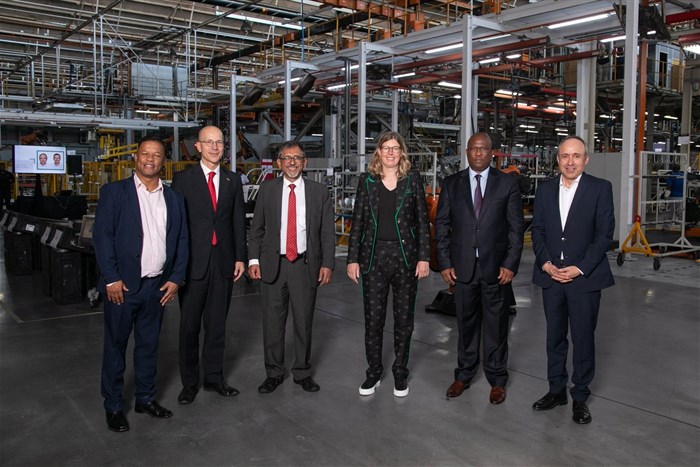
Related
Top stories






More news
















Most of the R4bn investment will be allocated to capital expenditure for production facilities, manufacturing tooling, local content tooling and quality assurance.
Nearly R877m will be spent to enhance automation in the body shop. In the press shop, an estimated R418m will be utilised to procure new press tooling. The first phase of the plant facility upgrade will begin at the end of 2024 during the plant shutdown.
Martina Biene, chairperson and managing director of Volkswagen Group Africa, said:
“Plant Kariega is an important manufacturing plant within the Volkswagen Group production network. Since 2011, Volkswagen has invested R10,28bn in production facilities, manufacturing equipment, local content tooling and training of people.
“The new investment is a vote of confidence in the future of the plant. It also futureproofs jobs, not only for our people but also those employed in our supplier network,” explained Biene.
The third model, which will be an SUV, will be manufactured on the same production line as the Polo and Polo Vivo. The Polo and Vivo models are currently the top-selling passenger models for the Volkswagen Passenger Cars Brand in South Africa.
The changes being made in preparation for the production of the new SUV also afford training and upskilling opportunities for Volkswagen Group Africa’s production employees.
Biene added: “South Africa is an important market for the Volkswagen Group, particularly in terms of our long-term goal to establish our footprint on the African continent, which is seen as the last frontier for automotive development.
“As such, we have recently renamed our local company to Volkswagen Group Africa, to represent our steering responsibilities and ambitions to grow the Volkswagen brand on the continent. The new model has the potential to be sold in other African markets where Volkswagen has a presence.”
Biene further added: “As most global vehicle markets transition to electric vehicles, African markets like South Africa will continue manufacturing and selling vehicles with internal combustion engines (ICEs) for the foreseeable future, owing to customer demand for ICEs and slow introduction of electric vehicles in these markets.
“However, for the Volkswagen brand, the electrification journey begins this year with the introduction of our ID.4 test fleet in South Africa and Rwanda.”